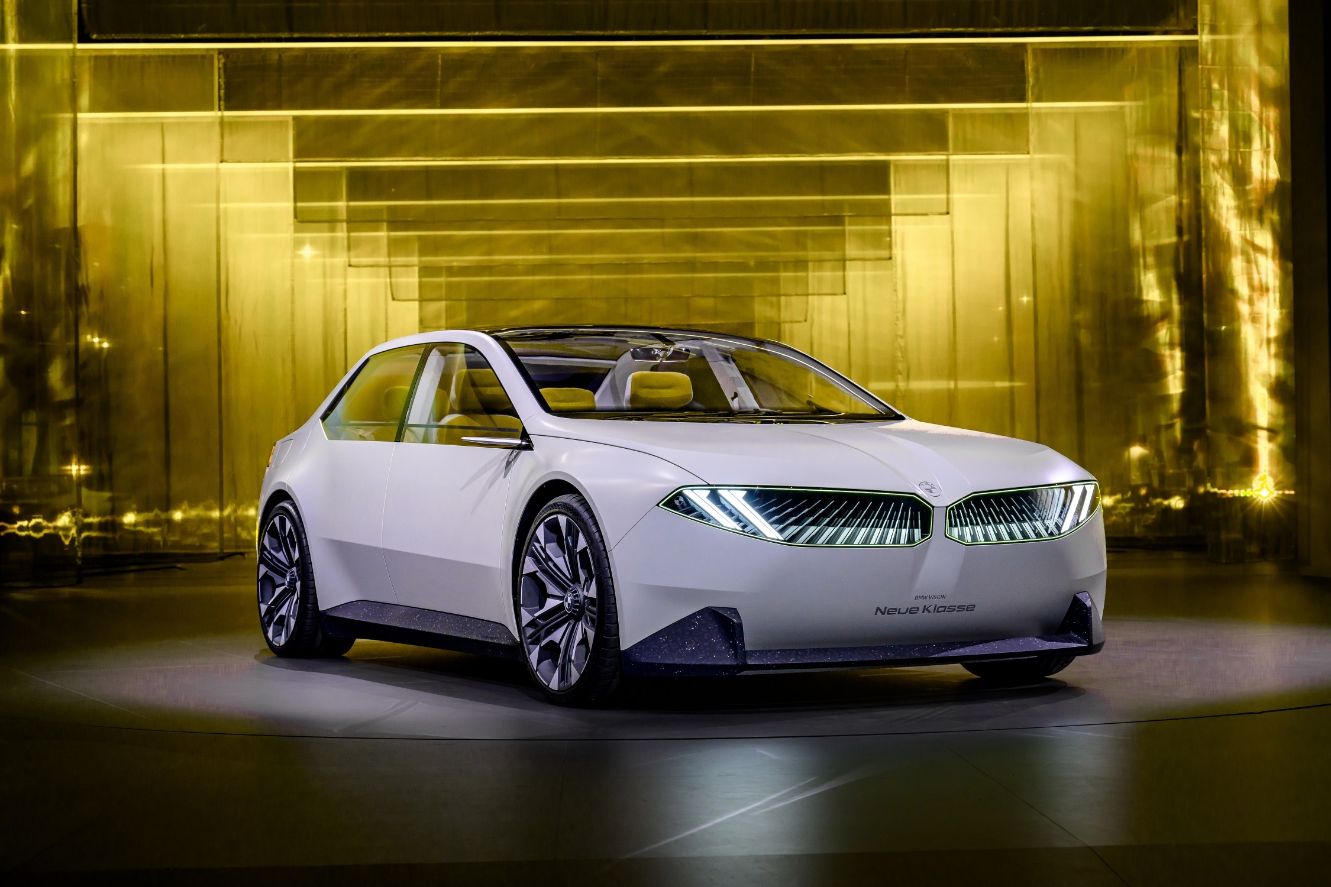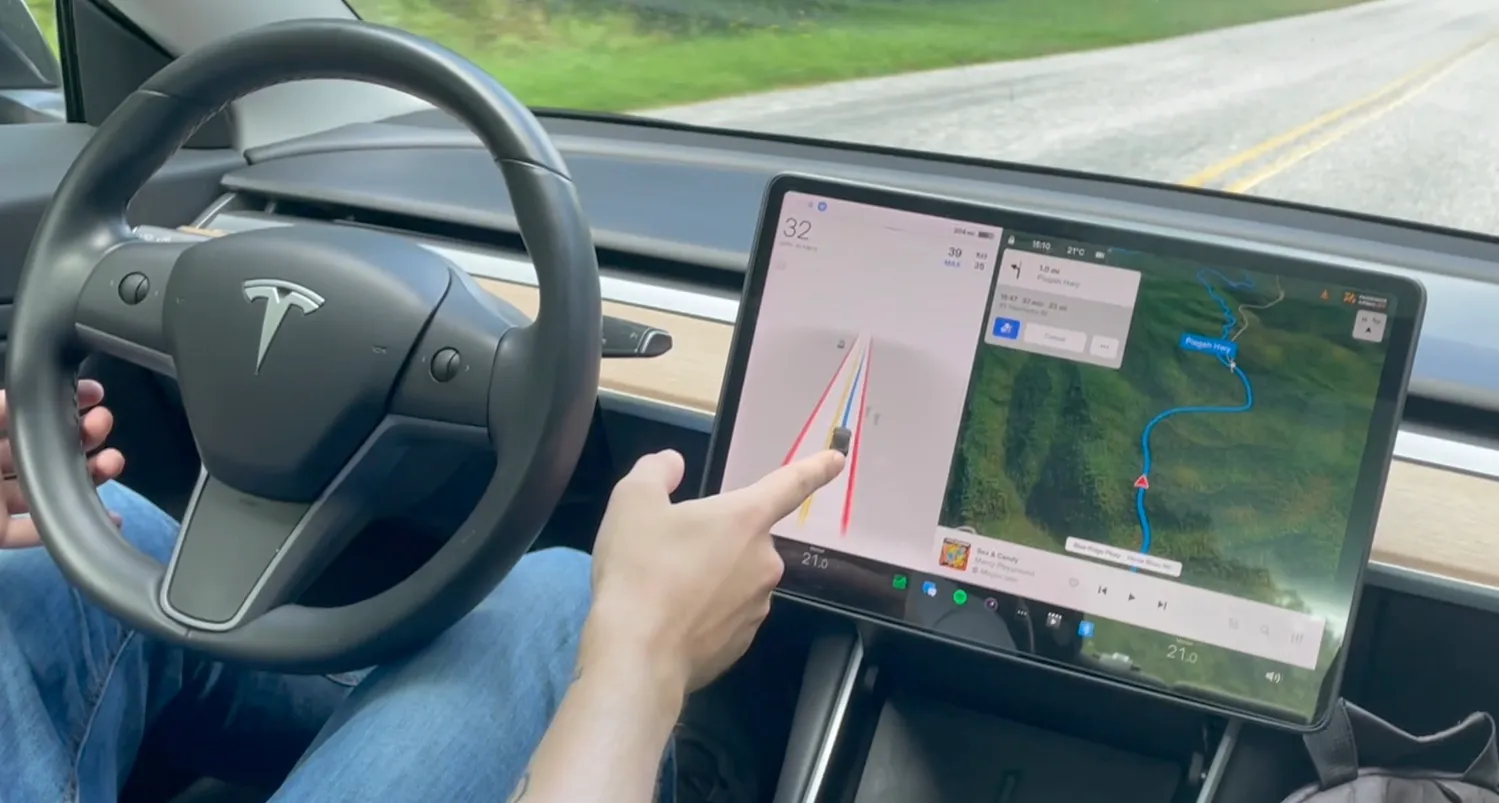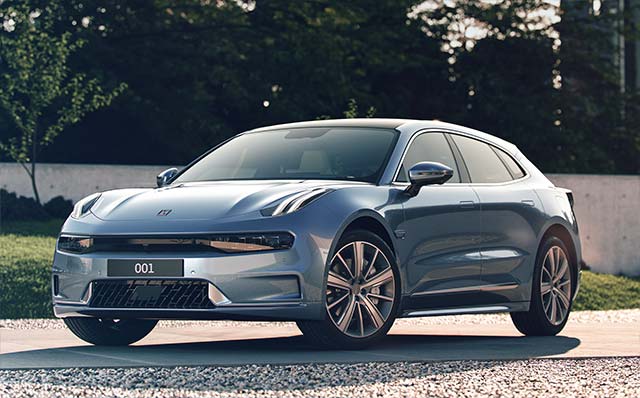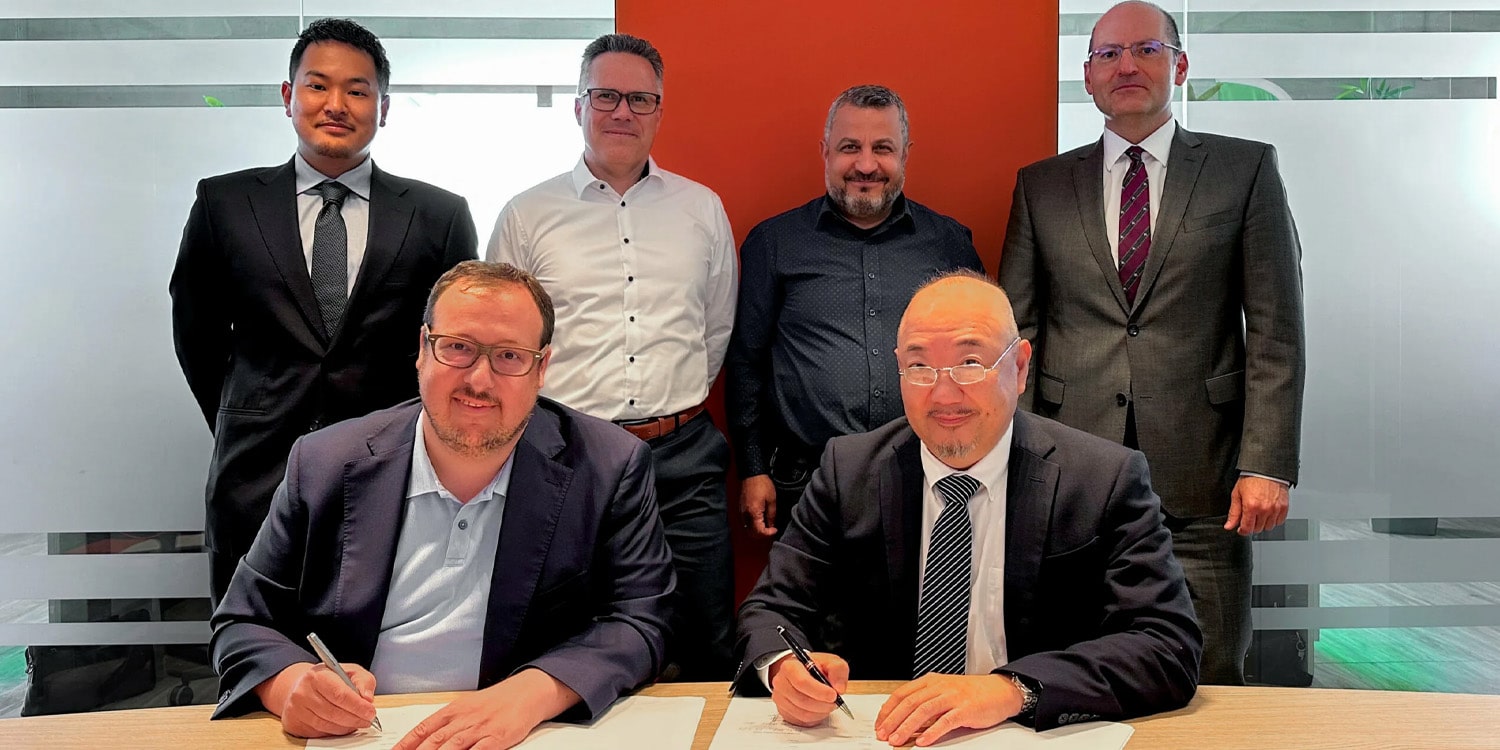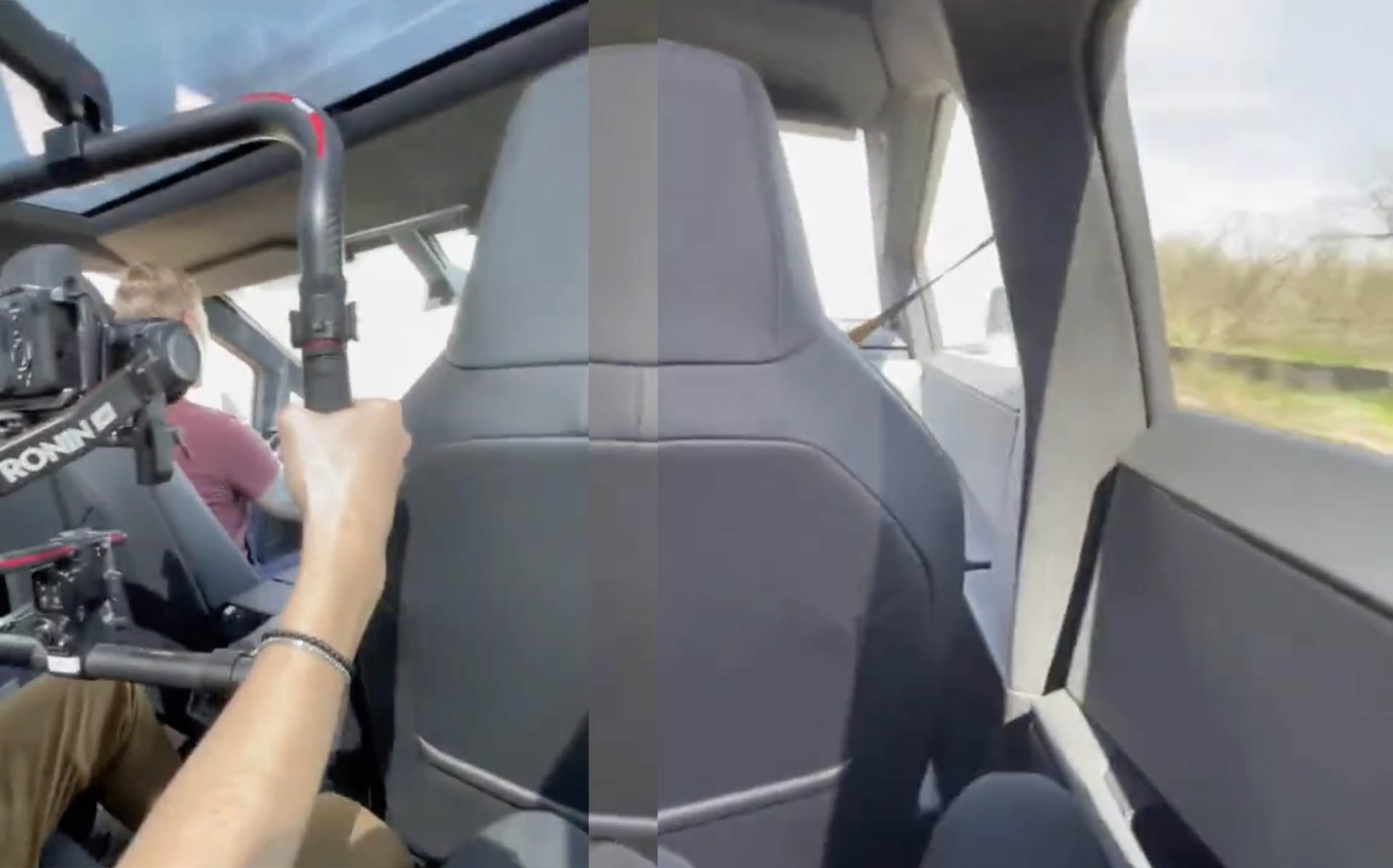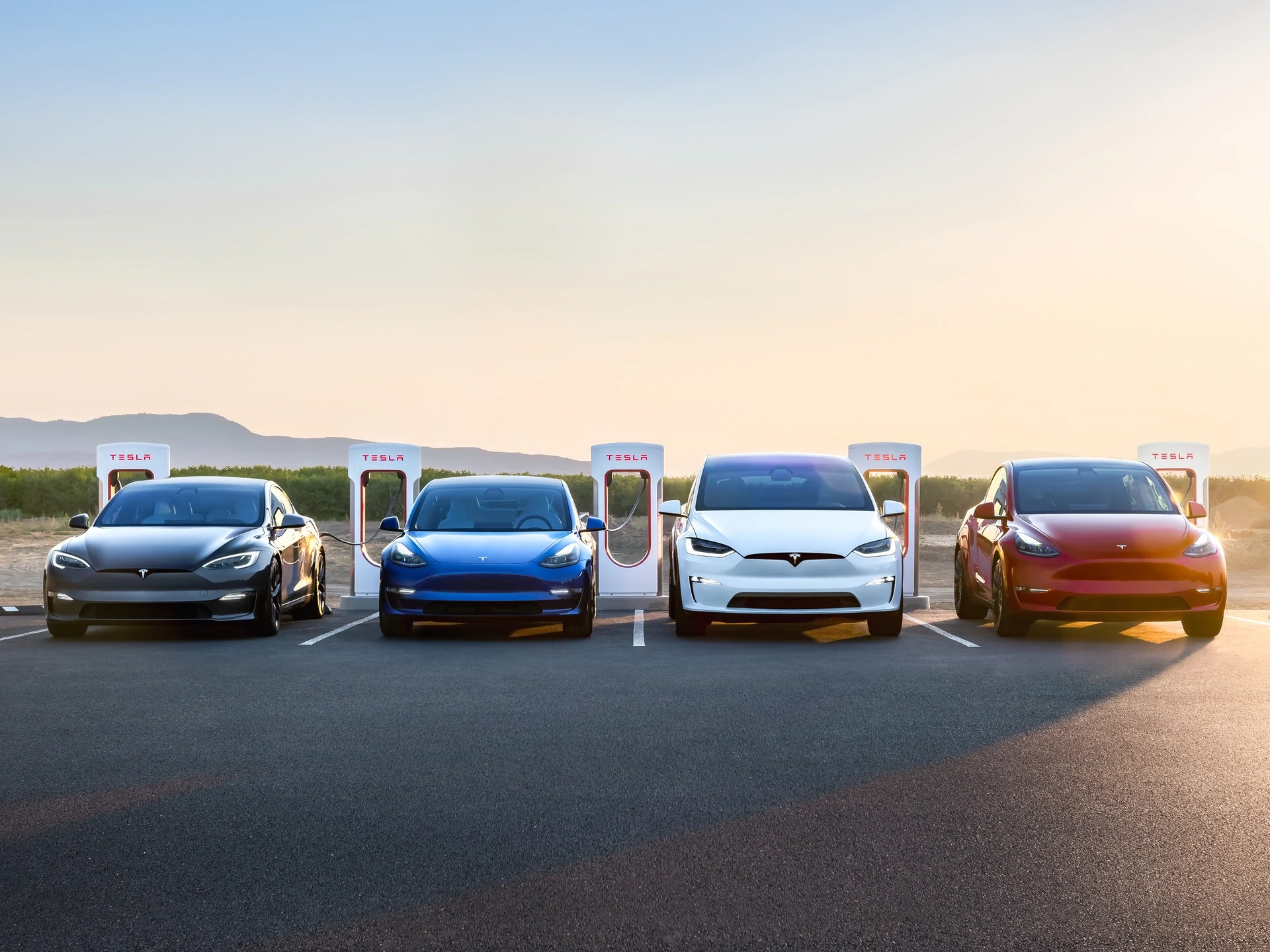As the International Motor Show (IAA) mobility event unfolds in Munich, European car manufacturers are grappling with the increasing dominance of Asian companies in the electric vehicle (EV) market. Industry analysts and executives are emphasizing the need for European automakers to demonstrate their competitive prowess in various aspects, ranging from product development and financial strategies to supply chain management.
This year’s IAA event highlights a significant shift, with approximately 41% of exhibitors headquartered in Asia, showcasing the growing presence of Asian automakers. Chinese companies, in particular, have surged in numbers, with notable players such as BYD, CATL, and XPeng making their presence felt in both battery technology and EV production.
Gilles Le Borgne, the Head of Engineering at Renault, candidly stated, “Europe needs to stop being naive from a macroeconomic point of view in the face of China.” He emphasized China’s formidable control over the entire battery supply chain, a key advantage that European automakers must address.
In a noteworthy development, a Chinese EV conference, typically held within China, is set to take place as part of the IAA for the first time. This conference will feature discussions involving major players from China, including LeapMotors and Horizon Robotics, alongside leading German automakers and suppliers. This move underscores the growing global importance of China in the EV landscape.
Price competitiveness is expected to be a focal point of the conference, with Tesla showcasing its upgraded Model 3, slated for European release in October at a starting price of 42,990 euros ($46,400). Meanwhile, Mercedes-Benz will present its CLA compact class, and BMW will unveil its Neue Klasse, both targeting increased range and efficiency while reducing production costs by half.
Volkswagen, not to be left behind, revealed a showcar for its CUPRA brand during the event, signaling a new design-oriented approach for the company. Chief designers will collaborate more closely with the CEOs of Volkswagen’s ten brands to enhance product differentiation.
Fabian Brandt, a consultant at Oliver Wyman, remarked, “What used to be a performance for the German car industry to demonstrate its extremely strong position is now a meeting of equals between progressive players from around the world, especially China.” This shift underscores the evolving landscape of the global automotive industry and the competitive challenges European carmakers now face in the electric age.

